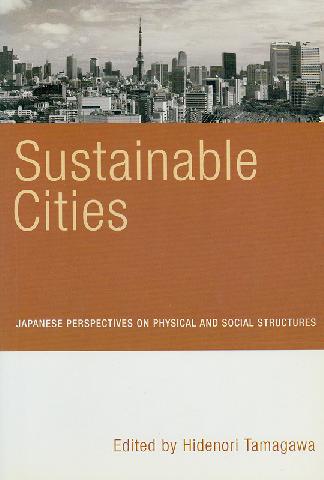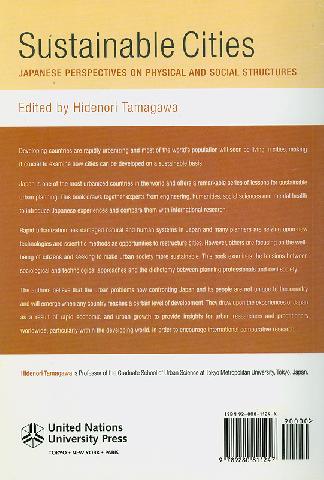|
E-mail record
|
|


Sustainable cities : Japanese perspectives on physical and social structures / edited by Hidenori Tamagawa
| สถานะ | ||||
หนังสือทั่วไป | HT169.J3 S964 2006 Barcode: 30100100110980 | ►มุมหนังสือทั่วไป | บนชั้น ขอยืม | |
แสดงความเห็น
ยังไม่เคยถูกคอมเมนท์
| คอมเมนท์ทรัพยากรรายการนี้ |
|
Copyright © 2025 ศูนย์สารสนเทศสิทธิมนุษยชน. All Right Reserved
/SC.gif&client=PUTACCOUNTHERE)